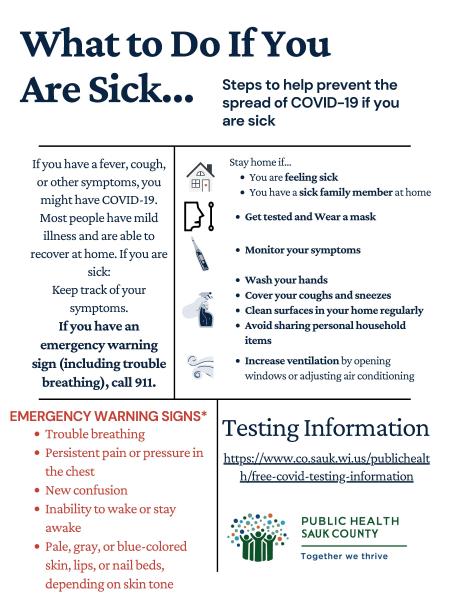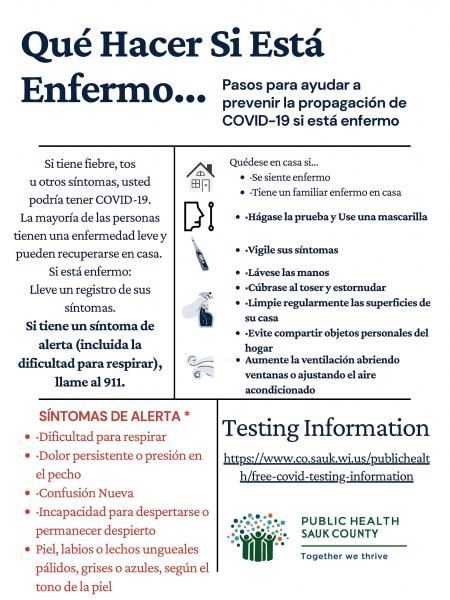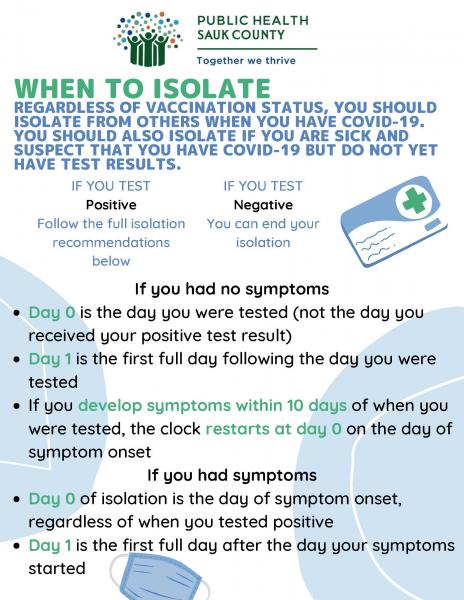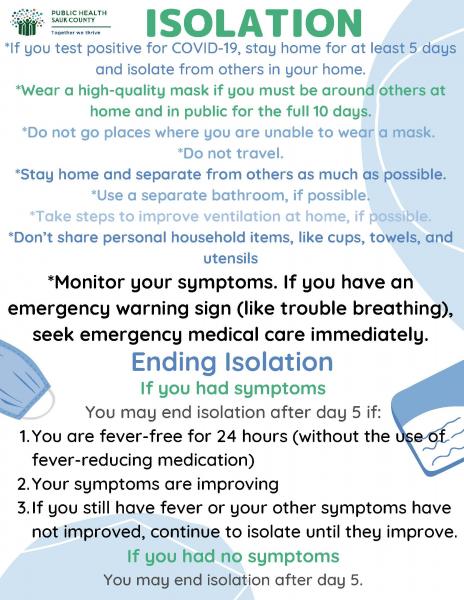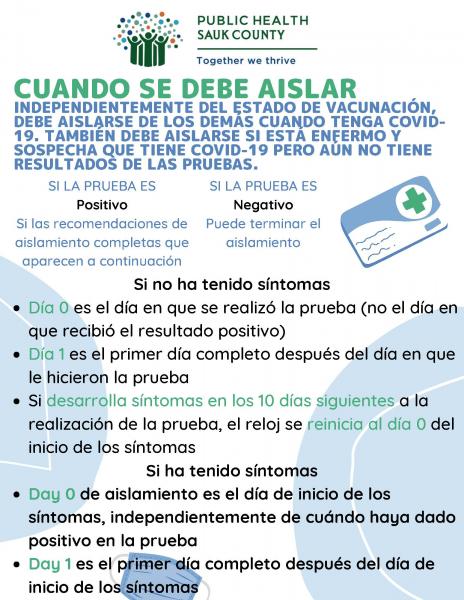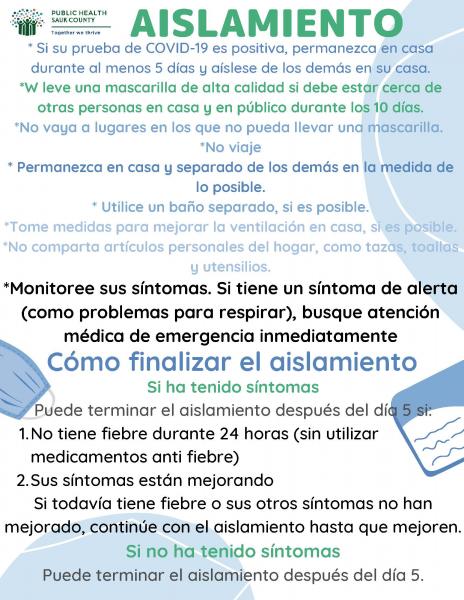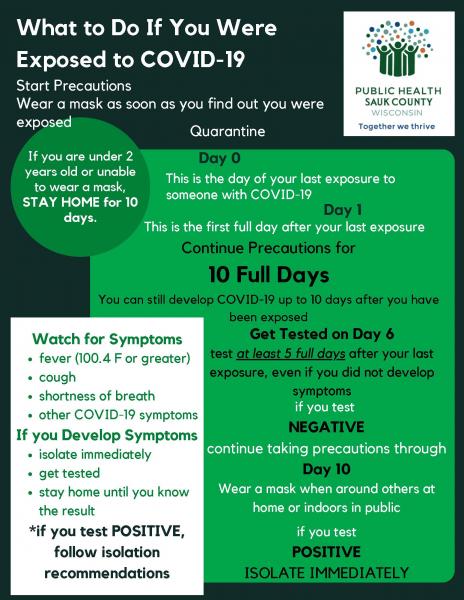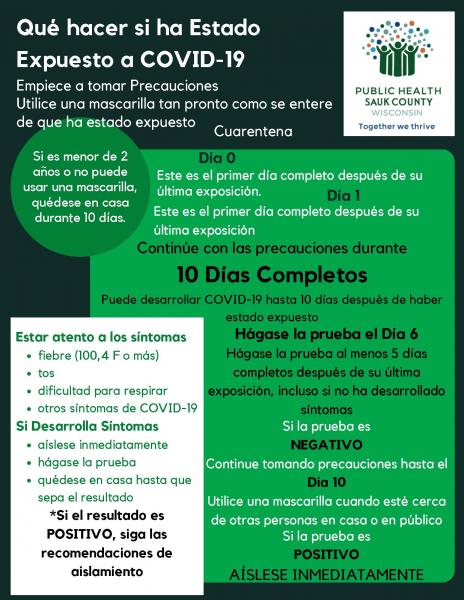-
Departments
-
- Departments Accounting Administration Aging and Disability Resource Center Arts & Culture Program Building Services Child Support Circuit Courts Clerk of Courts Coroner Corporation Counsel County Clerk Criminal Justice Coordinating Council
- Departments DNR Forester District Attorney's Office Emergency Management Environmental Health Extension Sauk County Health Care Center Health Highway Human Services Land Information/GIS Land Resources and Environment Management Information Systems
- Departments Parks and Recreation Personnel Register in Probate Register of Deeds Sheriff's Office Surveyor Treasurer Veterans Service Victim Witness County Directory Social Media Links
-
-
Government
-
- County Board Board Members Meeting & Agendas Video Recordings Committees County Departments County Directory County Ordinances County Social Media Links Building Locations West Square Building Historic Court House Courthouse Annex Law Enforcement Center Health Care Center Highway Shop Human Services (Reedsburg) Parks and Recreation
- Calendar Meetings and Agendas Upcoming Meetings Meeting Videos on Granicus Video Recordings Forms and Documents Forms, Permits, and Applications Documents, Reports, and Presentations Policies Legal Notices/Press Releases Press Releases Legal Notices Foreclosure List Sheriff Incident Reports Open Records Request Sheriff's Dept Records General Records Request
- Voting / Elections GAB Web - Polling Locations Register MY Vote WI Election Results Bids and Proposals Submitting Bids / Bid Process Current RFPs, RFBs, RFQs State Government State Agencies Hours of Operation Hours
-
-
Community
-
-
Community News
Business / Economic Development Place Plan Start Up Resources Business Financing Chambers of Commerce Registration of Firm Name Creating an LLC Permits Revolving Loan Fund (RLF)/CDBG Persons with Disabilities Apply for Benefits Disability Rights Wisconsin Disability Benefit Specialists Housing Transportation Caregiver Resources Employment Training - Residents Voting Dog License Elected Officials Parks Recycling Renters Libraries Marriage School Districts Severe Weather Shelters Road Conditions DMV Services Sheriff's Incident Reports Online Services List of Online Services GIS Tax Parcel iSite Property Tax Info (ALRS) Pay Clerk of Court Fees
- Homeowner/Property Property Tax Information Property Maps Zoning Information Permits Recycling School Districts Residential Vacation Check Form Foreclosure List Family and Health Nurse-Family Partnership Wis Immunization Program Women Infant Children Parks and Recreation Arts and Culture Libraries School Districts
- Seniors Retirement information Elderly Benefit Specialists Transportation Long Term Care Services Project Lifesaver Caregiver Resources Nutrition & Dining Centers Employment and Training Veterans Federal VA Services State Programs & Services Employment & Education Support Groups Health Care Home Loans Pension Benefits Transportation
-
Community News
-
-
Explore
-
-
ExploreSaukCounty.com
Parks Hemlock Park Lake Redstone Park Man Mound Park North End Boat Landing Sauk County Forest Summer Oaks Boat Landing Timme's Mill Weidman Woods White Mound Park Yellow Thunder Park -
Video Tour of Sauk County
Trails Great Sauk State Trail Hiking Horseback Skiing Snowmobiling Snowshoeing Outdoors & Nature Boat Landings Fishing Hunting Lakes, Rivers & Creeks Local Parks Natural Areas & Public Lands Nature Centers & Conservancies State Parks
Places to Eat & Drink Things to Do Places to Stay
-
ExploreSaukCounty.com
-
-
I Want To…
-
- Apply Marriage License Employment Passport Child Support Public Assistance Food Share Benefits BadgerCare Project Lifesaver Veteran's Benefits Dog License Permits Board of Adjustment Appeal/Zoning Appeal Arts & Culture Grants
- Request Obtain? Birth, Marriage, & Death Certificates Divorce Decree Court Transcripts White Mound Camping Reservation County Park Sticker Transportation Services Hunting Fishing Rec Permits Timber Cutting Permits Vehicle Registration Drinking Water Test Kits Soil Test Kits Pay Court Fees Traffic Tickets Property Taxes Child Support CPZ Fees
- File Divorce Will Deeds Property Liens Small Claims Guardianship Permits Claim for Service Related Disability (Veteran's) Appeal Zoning Ordinances Certified Survey Map Volunteer Aging & Disability UW Extension Parks Land Conservation Neighbor in Need
- Find Agendas and Minutes Property Tax Info Maps Foreclosures Sheriff's Incident Reports Warrant List Sex Offender Registry Zoning Info Voting/Election Info Sanitary/Septic Info Recycling Info Caregiver Relief/Assistance Genealogy Records Vote Register to Vote Polling Places
-
What To Do If You Are Sick
Page Last Updated 12/12/23 at 1:10 pm

Spanish: Lo que debe hacer en caso de enfermarse
What are the Symptoms of COVID-19?
COVID-19 Treatments and Medications
What to Do If You Were Exposed to COVID-19
Cleaning and Disinfecting Your Home
Working Safely: COVID-19 and Your Job
What are the Symptoms of COVID-19?
- People with COVID-19 have had a wide range of symptoms reported – ranging from mild symptoms to severe illness. Symptoms may appear 2-14 days after exposure to the virus. Anyone can have mild to severe symptoms.
- Symptoms of COVID-19 may include:
- Fever
- Cough
- Headache
- Muscle Aches
- Chills
- Shortness of Breath
- Sore Throat
- Loss of Taste
- Loss of Smell
- Runny Nose
- Diarrhea
- Nausea
- Vomiting
- Abdominal Pain
- Fatigue
- Not everyone with COVID-19 has all of these symptoms.
- For many, symptoms are mild, with no fever.
- It is important to know that you can still spread (transmit) the virus to others even if you have mild or no symptoms.
- Symptoms of COVID-19 may include:
- Emergency Warning Signs of COVID-19*
- If you have any of these emergency warning signs, get medical attention immediately.
- Trouble Breathing
- Persistent pain or pressure in the chest
- New confusion
- Inability to arouse (wake) a person or stay awake
- Pale, gray, or blue-colored skin, lips, or nail beds, depending on skin tone.
- This list is not all inclusive. Please consult your doctor or medical provider for any other symptoms that are severe or concerning.
- Call 911 if you have a medical emergency and tell the operator you are having COVID-19 like symptoms.
- If you have any of these emergency warning signs, get medical attention immediately.
How is COVID-19 Spread?
- COVID-19 spreads easily from person to person through:
- Close contact, being within 6 feet of an infected person
- Respiratory droplets that are released when a person who is infected with the virus coughs, sneezes, breathes, sings, or talks.
- People who are infected but do not have symptoms can spread the virus to others.
- Respiratory droplets can remain in the air and on surfaces for an extended period of time. When people breathe in (inhale) the droplets, or touch surfaces that have been contaminated and then touch their mouth, face, or eyes, the virus can make them sick.
- For more information from the CDC on how COVID-19 is spread, click here.
What to Do If You are Sick:
COVID-19 Treatments and Medications
If you test positive for COVID-19 and are more likely to get very sick, treatments are available that can reduce your chances of hospitalization and death.
Don’t delay: Treatment must be started within days after you first develop symptoms to be effective. Other medications can help reduce symptoms and help you manage your illness.
Being vaccinated makes you much less likely to get very sick. Still, some vaccinated people, especially those ages 65 years or older or who have other risk factors for severe disease, may benefit from treatment if they get COVID-19. A healthcare provider will help decide which treatment, if any, is right for you.
Click here for more information about COVID-19 Treatments and Medications.
Tratamientos de COVID-19 y medicamentos
When to Isolate
If you have COVID-19, you should isolate. You should also isolate if you have symptoms of COVID-19 but haven't been tested yet or are waiting for your test results.
What to Do If You Were Exposed to COVID-19
Cleaning and Disinfecting Tips for Your Home
- Cleaning is the removal or germs, dirt, and impurities from surfaces. It does not kill germs, but by removing them, it lowers their numbers and the risk of spreading them.
- Disinfecting refers to using chemicals, such as EPA-registered household disinfectants, to kill germs on surfaces. This process does not necessarily clean dirty surfaces or remove germs, but by killing germs on a surface after cleaning, it can further lower the risk of spreading infection.
- Practice routine cleaning and disinfection of frequently touched surfaces (such as tables, doorknobs, light switches, handles, faucets, etc.)
- Click here for information from WI Department of Health Services on Cleaning and Disinfecting after a confirmed COVID-19 case
- Click here for information from the CDC on Cleaning and Disinfecting Your Home
Working Safely: COVID-19 and Your Job
Working Safely: COVID-19 and Your Job is a short handout (one page, front and back) from WI Department of Health Services that provides information for workers who:
- Think they were exposed to COVID-19 at work
- Need help with health insurance, medical care, or mental health support
- Don’t feel safe from the virus at work
- Are fearful of or experiencing employer retaliation or discrimination
- Need income supports, including to get through quarantine or isolation
Click here to download the handout in English
Click here to download the "Trabajando de manera segura: COVID-19 y su trabajo" handout in Spanish

